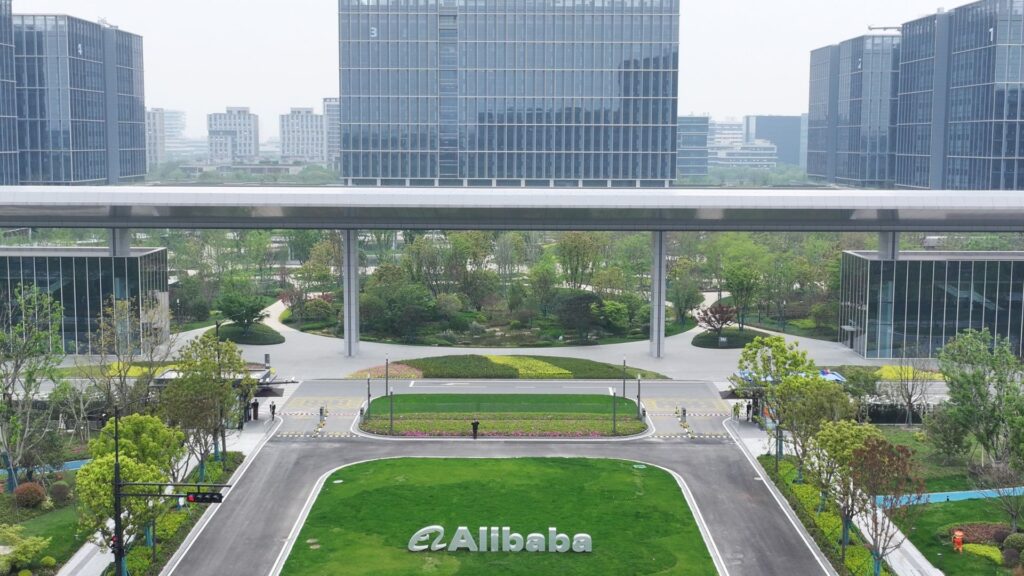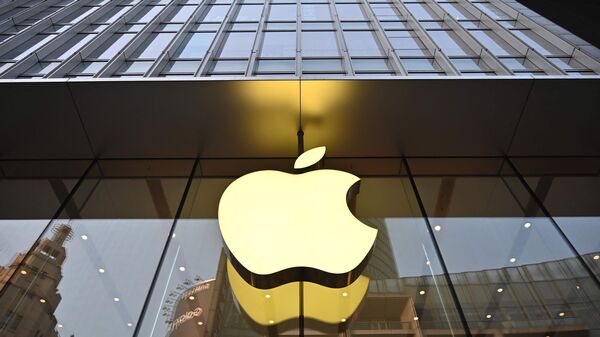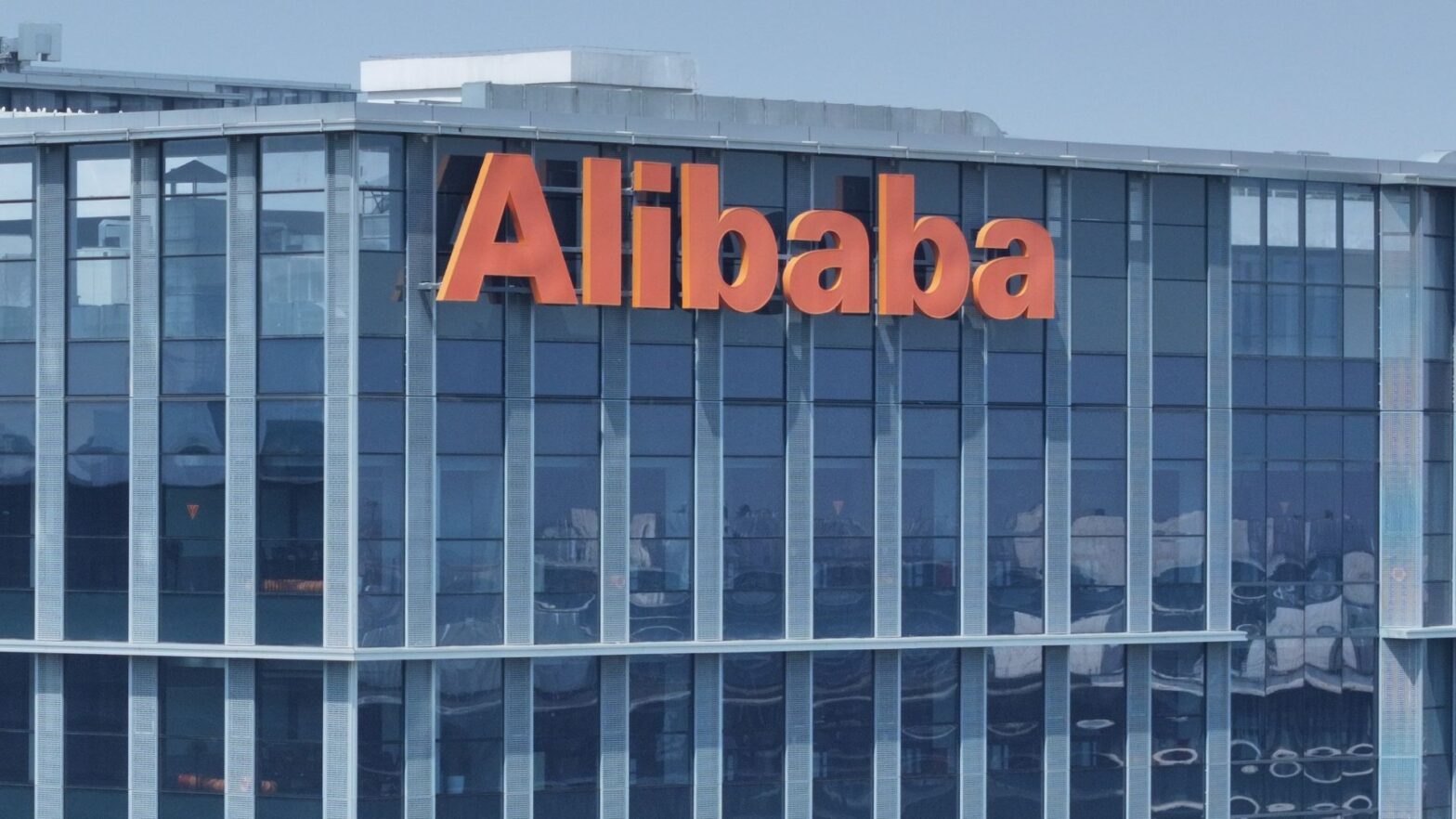In a surprising move that has sent ripples through the tech industry, Apple has chosen to partner with Chinese tech giant Alibaba to bring artificial intelligence features to iPhones in China. This collaboration, confirmed by Alibaba’s chairman Joe Tsai at the World Governments Summit in Dubai, marks a significant shift in Apple’s strategy for the world’s largest smartphone market.
The partnership comes at a crucial time for Apple, as it grapples with declining smartphone sales and market share in China. In the last quarter of 2024, Apple’s smartphone sales in China plummeted by 18.2%, while competitors like Huawei saw substantial growth. This alliance with Alibaba is clearly Apple’s attempt to revitalize its position in the Chinese market by offering AI features tailored to local preferences and regulations.
However, industry analysts remain skeptical about the potential impact of this partnership on Apple’s sales in China. Some suggest that the AI features may not be enough to significantly boost iPhone 17 sales, citing Chinese users’ preference for local apps over Apple’s native applications. The success of this collaboration will largely depend on how well Apple and Alibaba can leverage AI to create compelling, personalized services for Chinese consumers.
Navigating Regulatory Hurdles

Apple’s decision to partner with Alibaba is not merely a business strategy, but a necessity born out of Beijing’s stringent regulations. The Chinese government mandates that foreign AI operators partner with local companies and obtain regulatory approval. This regulatory environment has prevented Apple from introducing its full suite of AI features, known as Apple Intelligence, to what is considered its most important international market.
The partnership with Alibaba represents Apple’s strategic move to address these challenges and potentially regain its footing in the Chinese market. By collaborating with a local tech giant, Apple aims to navigate the complex regulatory landscape and offer AI features that are both compliant with Chinese regulations and appealing to local consumers.
Potential Benefits and Risks
While the partnership holds promise, it also comes with its share of risks and challenges. On the positive side, Chinese iPhone users may soon have access to advanced AI capabilities tailored to their local needs and preferences. This could include improved natural language processing for Mandarin and other Chinese dialects, better integration with popular Chinese apps and services, and AI-powered features that align with Chinese users’ digital habits.
However, the collaboration raises concerns about data privacy and security. As Apple integrates Alibaba’s AI technology into iPhones, questions arise about how user data will be handled, stored, and potentially shared between the two companies. This could lead to scrutiny from both Chinese regulators and privacy advocates.
Moreover, there’s the risk of potential conflicts between Apple’s global AI strategy and the localized approach required for the Chinese market, which could lead to inconsistencies in user experience across different regions.

Impact on Competition
The Apple-Alibaba partnership represents a strategic move by Apple to strengthen its position against local smartphone makers in China. In recent years, Apple has faced stiff competition from companies like Huawei, Xiaomi, and Vivo, which have been gaining market share with their 5G-capable devices and appeal to growing national sentiment.
By partnering with Alibaba, Apple is attempting to level the playing field in terms of AI capabilities and local market understanding. However, it remains to be seen whether this will be sufficient to reverse Apple’s declining market share in China. Local competitors like Huawei have shown strong growth, with Huawei’s smartphone sales jumping 15.5% year-on-year in the last quarter of 2024, while Apple’s sales fell by 18.2%.
Global Implications
This partnership could have far-reaching implications for Apple’s global AI strategy. It represents a departure from Apple’s typical approach of maintaining control over its ecosystem and technology. By partnering with a local company to provide AI features in a specific market, Apple is demonstrating flexibility in its global strategy to accommodate regional regulations and preferences.
This move could set a precedent for how Apple approaches AI integration in other markets with strict data regulations or unique local requirements. It might lead to a more fragmented AI strategy globally, with different partners or technologies used in various regions.
As Apple and Alibaba move forward with their collaboration, they face the challenge of obtaining approval from China’s cyberspace regulator, a process that could take several months. The tech world will be watching closely to see if this partnership can successfully navigate the complex interplay of technology, regulation, and market dynamics in China.
While Apple’s partnership with Alibaba shows promise in addressing Apple’s challenges in the Chinese market, it’s clear that the road ahead is fraught with uncertainties. As the two tech giants work to bring AI features to iPhones in China, only time will tell if this collaboration will be the step forward Apple needs or a risky gamble in the ever-evolving landscape of AI and smartphone technology.


















